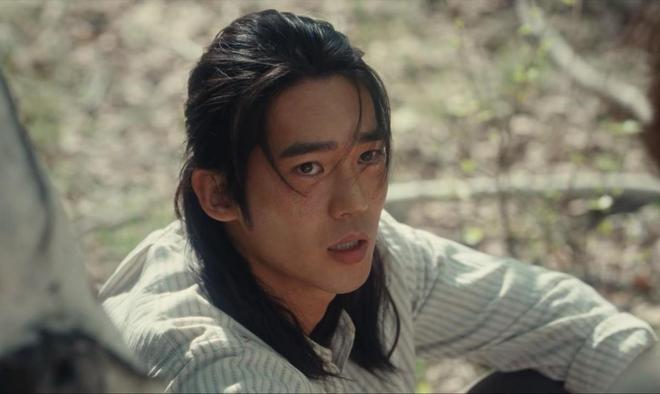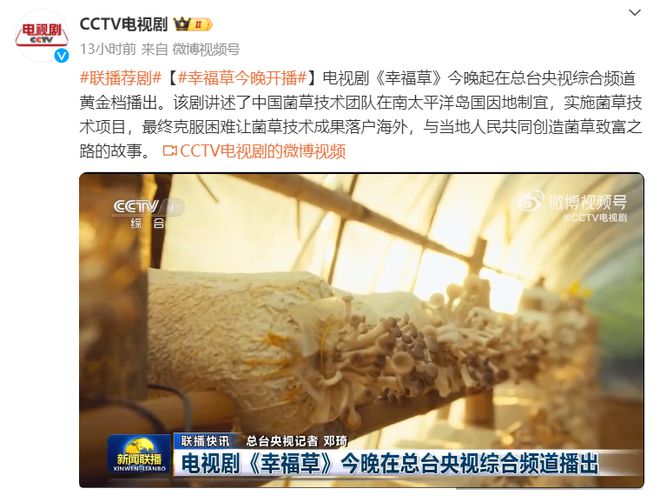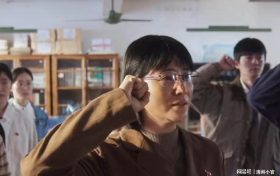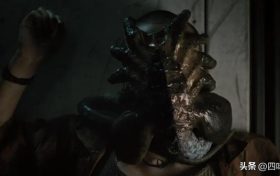CCTV's selection of dramas has always been reliable and worthy of trust.

This year, we've seen a variety of series that have captured the hearts and minds of audiences. Take, for instance, "The City Within the City," which boasted an all-star cast and achieved a remarkable 3% viewership rating. This financial thriller depicted the cutthroat world of finance with the intensity of a battlefield.
Then there's "My Altay," a short eight-episode drama that left viewers craving more. It combined stunning views of the northern Xinjiang region with compelling character arcs, making it a dark horse in its genre. The show balanced breathtaking scenery with dramatic twists in the characters' lives, captivating viewers from start to finish.
The spy genre, which has been relatively dormant, was revitalized by CCTV's choice of "Chasers of the Wind." This series has become the top spy drama of the year, demonstrating once again that when it comes to quality, CCTV never disappoints.
Now, another new series, "The Grass of Happiness," has premiered on CCTV-1, achieving a viewership rate above 1% and ranking first in national ratings. It easily outperformed competitors like "The Young Couple" and "The Lone Boat," earning praise even from "News Broadcast." With only two episodes aired, fans are already clamoring for more of this powerful CCTV drama!
One, the grass of hope: exploring the bittersweet journey behind the glory
"The Grass of Happiness" is based on the life of Professor Lin Zhanxi, the inventor of fungus-grass technology, and tells the story of how he brought this innovative technique from China to other countries, transforming lives and economies along the way. The honor and recognition that Lin Zhanxi received are well-deserved, but few understand the hardships and sacrifices that came with his achievements.
The first two episodes introduce us to Li Changhuan, portrayed by Guo Tao, who shares insights into Lin Zhanxi's experiences and emotional journey as he embarks on a mission abroad to help impoverished communities.
Firstly, the funding issue at the research institute. After two decades of research, Li Changhuan and his team were unaware of the financial strain on the institute's director. Aside from the five staff members with permanent positions, over twenty workers had not been paid, and equipment bills remained unpaid due to lack of funds. Fresh off winning a poverty alleviation award, Li Changhuan must find a solution to this immediate crisis. His superiors propose a solution: lead a team to the island nation of Palamala to assist locals in using fungus-grass technology to lift themselves out of poverty. This would provide much-needed funding for the institute and allow Li Changhuan to promote the technology abroad without worrying about his own financial situation.

Secondly, family expectations and health concerns. Li Changhuan's wife suffers a heart attack and requires constant care. Over the past two decades, Li Changhuan's dedication to his work has meant neglecting his family, leading to financial difficulties. His wife and daughter wish for him to stay home and focus on their needs rather than embark on another overseas mission.
Thirdly, the dire poverty in Palamala. Li Changhuan faces a moral dilemma: while he could stay home with his family, he is moved by the passion and plea of a Palamalan student who seeks his help. Despite skepticism and ridicule, Li Changhuan remains committed to his vision, driven by a sense of duty and a desire to make a difference.
Two, Guo Tao's captivating performance and strong supporting cast
For a main theme series like "The Grass of Happiness," casting is crucial. The actors need to embody their characters convincingly, and Guo Tao, known for his role in "Parents' Love," does just that. Although his appearance may not closely resemble Lin Zhanxi, his portrayal captures the essence of the character. Guo Tao portrays Li Changhuan's determination and purity, effectively conveying both his frustration and his unwavering commitment to his cause. His concern for his wife and his feelings of guilt towards his family are also portrayed with great depth, bringing the character to life.
Zhuo Ni plays Li Changhuan's eldest daughter, a strong and capable woman who takes charge of the family. Her portrayal is both tough and tender, balancing her character's strength with a deep concern for her loved ones. Tang Zeng, who plays a key researcher in the team, is equally compelling. His dedication to the project is evident in his willingness to stay despite better opportunities elsewhere, driven by a desire to see fungus-grass technology benefit as many people as possible.
Supporting actors such as Han Dong and Zheng Hehuizi also deliver strong performances, adding depth and nuance to the story. Their characters, though secondary, contribute significantly to the overall narrative.
Conclusion
Main theme dramas can be challenging to produce, as they often lack the inherent conflicts and tensions found in genres like suspense or workplace dramas. "The Grass of Happiness" feels authentic and relatable, presenting a slice-of-life perspective on the challenges faced by its protagonist. Its grounded approach allows viewers to empathize with the characters and gain insight into their struggles and triumphs.
This is what makes "The Grass of Happiness" a standout main theme series that resonates with audiences and stays rooted in reality. What do you think of this latest offering from CCTV?





